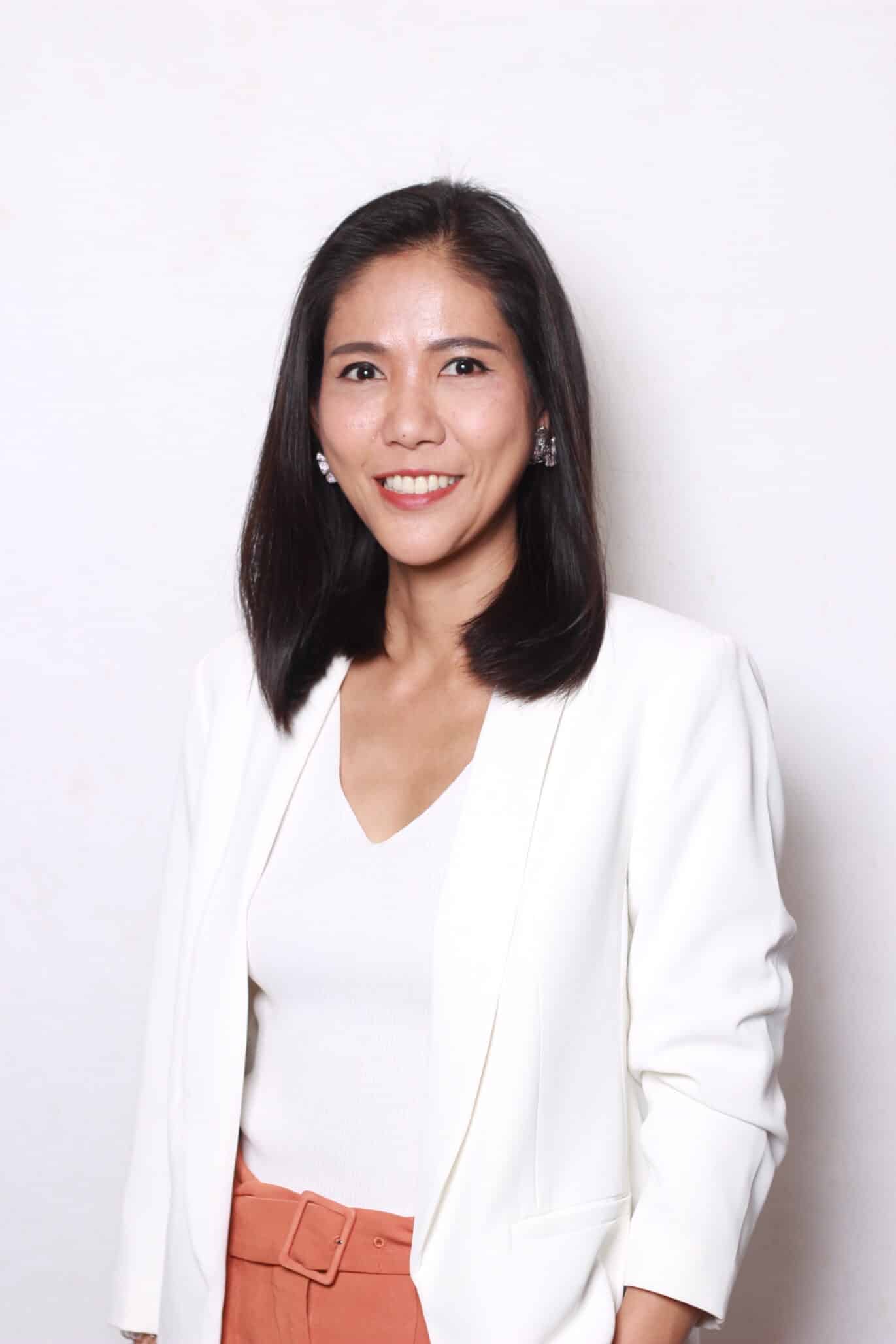Definitively yes! And immediately, having full conscience that we are operating in a place where crop failure is not only an economic problem, but also a life-threatening issue. The question is, can we move ahead?
Progress has been relatively limited the past few decades and hasn’t been able to cope with population growth, despite considerable financial efforts. If the wealth of the farmers is part of the equation, as it has largely been communicated by many stakeholders, then the approaches to support agriculture need to evolve. It’s urgent that we tackle agricultural development in West Africa; this sector represents about 80 percent of the population, and the most vulnerable people have nothing to lose by migrating to Europe or embracing a jihadi movement.

After a few years of exchanges with authorities, with many operators of the maize and sorghum value chain, and with several agencies funding agricultural research, we recently set up a local seed company in Burkina Faso. These dialogues convinced us that an integrated approach, inclusive of the overall value chain, and owned by local actors, is critical to agricultural development. Frequently, isolated elements of the value chain are considered, and this appears unsustainable. Also, any approach should be participative and not just based on exogenous dogmatic or selfish considerations. The reward can be significant for all players involved. In Burkina Faso, we estimate the value to be captured across the maize value chain to exceed 1 billion euros, (close to 8 percent of the current gross domestic product within the next seven to 10 years).
Reconstructing Trust
A first order of business is re-establishing trust. Relationships between the different actors in the value chain have been disrupted. Livestock producers and processors have little-to-no confidence in locally produced maize, as volumes and quality are not secured. Meanwhile, maize farmers are largely unsatisfied with the quality of seed provided by seed companies or the government. In turn, the seed companies are disappointed with the foundation seed made available from the public sector, which is not liable for quality. The public sector has issues accessing or developing new genetics, which is also a goal of the research organization. Under those conditions, and to mitigate their own risks, each actor minimizes their investment to ensure customer satisfaction down the value chain.
But not all is lost; there is a willingness to challenge the status quo. Different stakeholders are confident on the benefits of being able to rely on the other operators: it would secure the use of local production, secure supply and reduce exposure to international commodity price and currency valuation. These elements would in turn foster investments in operating capacity.
The institutional context evolves positively. The regional ECOWAS seed law has made significant progress, such as the installation of a regional catalogue that enables varieties registered in one country to be planted in 17 others. The implementation is slow in some countries, but the trend is taking hold. However, countries remain tied to the notion that they should conduct research on new varieties and produce pre-foundation and foundation seed, but I see a willingness to change. Countries that adapt their laws to foster an environment for the business of seed will clearly become regional leaders.
Farmers support these changes. A number of prejudgments are made on West African farmers, which are at odds with my personal experience. In a context where quality genetics and reliable agricultural inputs are available, they are implementing proper technical management and are proud of their crop. Like most farmers, they can judge what is good. Access to good quality seed with performance genetics is critical to unlocking development in the value chain.
I am aware that the pedo-climatic context plays an important role and that many farmers are limited by it. Focusing on cereals, sorghum, pearl millet and fonio would cover most of the Sahelian region. Unfortunately, these crops don’t benefit from research proportionally to their social importance. Maybe, operating on high value crops should be coupled with a contribution to the development and production of one with high social impacts in difficult areas.
In this narrative, our company aims to be both profitable and to contribute to West Africa’s agricultural development.











